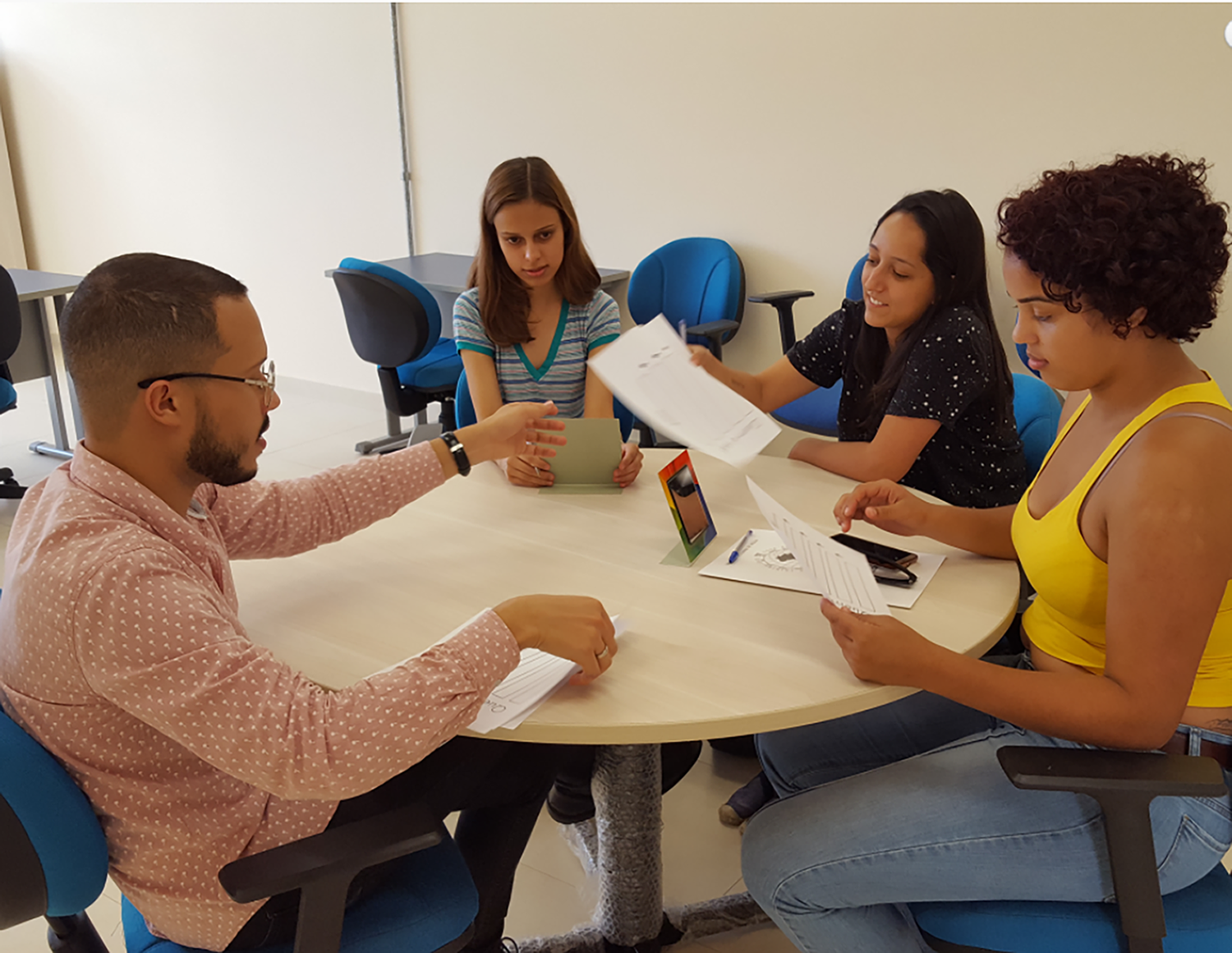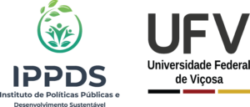Currently, the Institute has the participation of 15 research groups. The public notice to be linked to the IPPDS is of continuous flow and can be found in the page notice

Research Groups

Research Groups
Get to know us better

It aims to carry out joint studies on the field of public policies, reflect, discuss and present proposals related to the field of study, examining issues of policy process and analysis, formulation and implementation of public policies, political instruments, political and political changes and reforms and public programs, covering a range of theoretical, methodological and / or empirical approaches.
Created in 2006, led by Professor Marco Aurélio Marques Ferreira, incorporated that year as a member of the permanent group of the Postgraduate Program in Administration – Area of Concentration in Public Administration. It was one of the first active groups of the IPPDS to carry out research, teaching and extension activities, individually or in partnership with other groups of the institute
Among the main target audiences are governments, secretariats and municipal, state and federal agencies. In addition to NGOs, Third Sector Organizations and Development Agencies in Brazil and abroad interested in projects and actions in the line of action of NAPGS
Members: Formed by professors, students and researchers linked to the Postgraduate Program in Administration under the coordination of Prof. Marco Aurélio Marques Ferreira, the work teams being made up of projects.
It seeks to understand the relationships established between economic activities and the environment, a multidisciplinary perspective. Special emphasis is placed on the economics of climate change and the agricultural sector.
Created in 2012, it aims to train students in the Agronomy, Agribusiness, Dairy, Veterinary Medicine and Animal Science courses to work in the production of dairy cattle in Minas Gerais with a focus on serving family farming.
The Program’s research is based on the impact of technical assistance on regional development, the role of women in milk production and the inclusion of young people in the activity through technologies that facilitate work in the field. The group also conducts research on animal nutrition, welfare and milk quality.
The group is linked to the Zootechnics Department and has 90 members, being 2 professors (Polyana Pizzi Rotta and Marcos Inácio Marcondes), 2 technicians (Bernardo Magalhães and Nelson Clemente), 6 graduate students and 80 undergraduate students. For more information, visit the Program’s website.
Target Audience: health professionals and physical educators who work at the Family Health Support Center (NASF) and municipal health managers
Members:
Under the coordination of Professor Helen Hermana Miranda Hermsdorff, the project consists of approximately twenty professors in the areas of Nutrition, Health, Medicine and Nursing and Rural Economy at the following universities: Federal University of Viçosa (UFV), Federal University of Lavras (UFLA), Federal University of Uberlândia (UFU) and Federal University of Alfenas (UNIFAL). The project also has thirteen scholarship holders for technical support, these being undergraduate, graduate students and professionals in the areas of food, nutrition and health.
For more information visit the project website.
Criado em 2016, o GEGOP busca priorizar o olhar para as relações entre governo e a sociedade, principalmente por meio de estudos sobre espaços deliberativos, em termos de funcionamento, avanços e desafios. Outro foco de estudos está nos arranjos de governança, considerando as formas instituídas e o quanto estão abertas à cidadania e à incorporação das decisões oriundas dos processos deliberativos. Além disso, o grupo também se dedica a estudar todos os aspectos da política do idoso e do envelhecimento ativo.
Created in 2016, GEGOP seeks to prioritize looking at the relationship between government and society, mainly through studies on deliberative spaces, in terms of functioning, advances and challenges. Another focus of studies is on governance arrangements, considering the forms established and how open they are to citizenship and the incorporation of decisions arising from deliberative processes. In addition, the group is also dedicated to studying all aspects of the policy of the elderly and active aging.
Since its creation, the group has already brought together approximately 100 researchers from 8 countries (Argentina, Colombia, Chile, Spain, Mozambique, Brazil, Mexico, Ecuador) and has established important partnerships with national and international institutions, for the realization of events, book production, exchange of experiences and various publications. It is linked to the Administration and Accounting Department of the Federal University of Viçosa – UFV.
For more information, visit the group’s website.
The Academic League of Studies on Crime – LAEC aims to awaken the interest of the members in the study of crime, promoting and expanding the knowledge of the theme. In addition, it aims to develop activities that contribute to UFV’s undergraduate and graduate courses, aiming at critical and total professional training, strengthening the inseparability between teaching, research and extension.
Members: Students and professors from the Graduate Programs in Economics and Applied Economics participate in the research group, in addition to undergraduate students from the Economics, Law, Social Sciences, Administration and other courses related to the crime theme, and other interested parties.
Profa. Viviani Silva Lirio (DER, UFV, coordinator) / Prof. Evandro Camargo Teixeiras (DEE, UFV, coordinator) / Prof. Antônio Carlos Miranda (UFOP) / Felippe Clemente (post Doc, University of Lisbon, Portugal) / Cícero Braga (PhD student in Applied Economics, UFV)
Ana Cecília Almeida (PhD student in Applied Economics, UFV) / Bruno Truzzi Rosa (PhD student in Economics, Unicamp) /
Steffany Costa Jardim (Undergraduate Student in Economic Sciences) / Iana Lopes Bicalho (Undergraduate Student in Economic Sciences)
Marinez Avelino Gonçalves de Campos (Graduating in Economic Sciences) / Felipe Nathan Ferreira dos Santos (Graduating in Economic Sciences)
Pedro Rodrigues Oliveira (Graduating in Economic Sciences).
For more information, visit the League website.
Its objective is to propose analyzes of contemporary public management based on its relations with the formation of the State and its bureaucracy, as well as its relationship with market and society organizations, based on the assumption that good public governance is fundamental to balance interests present in the public sphere.
The group has developed analytical projects at the local level, with regard to the executive, legislative and organized civil society, seeking to understand how these institutions operate. Accountability research is also carried out, with a focus on municipalities, analysis of local internal and external control, public transparency, as well as territorial governance. Another focus of the group is on conducting studies on public bureaucracy, as well as promoting new forms of public policy agenda for entrepreneurship and innovation in public management
GeoTec emerged in 2014, out of the need to qualify the georeferencing methodologies and / or practices within the scope of CTM – Multifinal Territorial Register, integrating the intelligence of Geoprocessing, Geostatistics, Machine Learning and Data Science.
Currently, the group focuses on meeting the technical and technological needs of Brazilian municipalities to solve problems in planning and public management. Among the demands presented daily to the group are the optimization of municipal investments, the economic sustainability of the population through the technical requirements of the right to tenure and the formulation of public policies.
Statistics, Rural Economy, Civil Engineering, Soils, Mathematics and Surveying and Cartography
The Management in Practice Group emerged in 2015 from the concern of teachers and students involved with the gap between academic work and the needs of organizations. As time went by, what was a challenge, taking scientific knowledge to practice has become an extension program that continues to fulfill its objectives within UFV and contributing to the formation of students.
Its objective is to offer access to management tools to students and entrepreneurs interested in learning and teaching about the proposed topics. In this sense, the program offers workshops, training or workshops on some managerial tool, in order that the participants can interact and share their practical experiences, and thus form a network of knowledge.
Target Audience:
Apoiadores:








 Management in Practice
Management in Practice Gestão e Desenvolvimento de Territórios Criativos (GDTeC)
Gestão e Desenvolvimento de Territórios Criativos (GDTeC) CREC – Reference Center for Entrepreneurship and Cooperatives
CREC – Reference Center for Entrepreneurship and Cooperatives